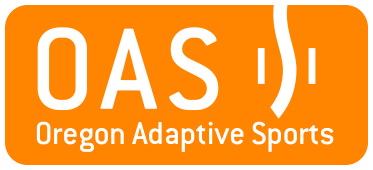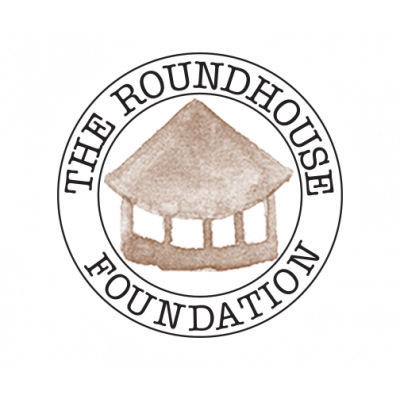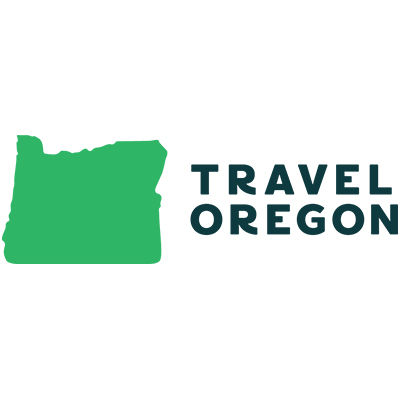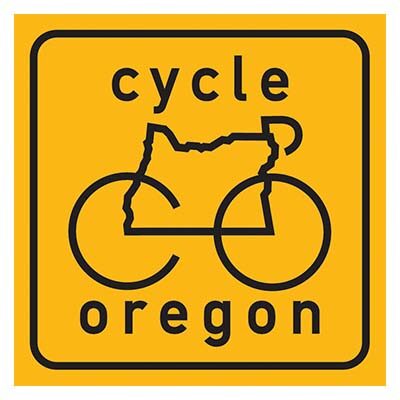Senate bill 420
by Dave Nichols
“Senate Bill 420 has passed. Governor Tina Kotek has signed it into law!” I exclaim.
“Neat”, you might say. “What exactly is SB 420?”
“It’s a bill to set up Brain Injury Resource Navigation in Oregon,” I smile back.
“Yes, but what does that even mean?” you ask.
“Fair question,” I truthfully respond.
Here is the who, what, when, where and why about this landmark legislation.
Who
Over 85,000 Oregonians are currently living with the after-effects of a brain injury. This bill is for them, and for their loved ones. Having a central resource office will also be invaluable to the doctors and service providers that work with those who struggle after a head injury. With passage of SB 420, the State of Oregon is finally recognizing brain injury as a legitimate problem that needs to be addressed.
SB 420 was spearheaded this year by David Kracke. He is Oregon’s Brain Injury Advocate. Mr. Kracke has spent many years representing the brain injury community and has been devoted to improving lives in this community.
My mother and I helped build a coalition of supporters to persuade the Oregon Legislature to pass the bill. This statewide coalition included over 500 individuals and 48 organizations who endorsed SB 420. Many wrote letters and testified. Oregon Adaptive Sports was among them.
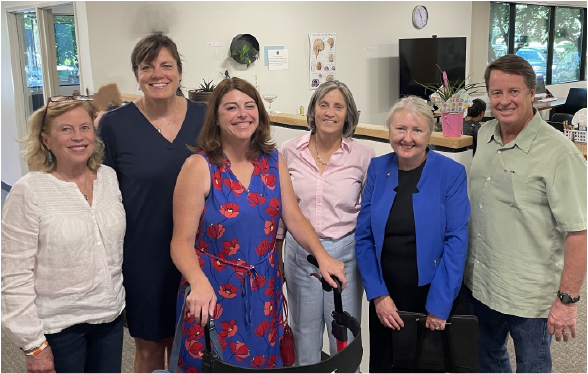
From left to right: Kathryn Nichols, Senator Taylor, Laura Core, Representative Reynolds, Senator Patterson and David Kracke
What
This bill is really going make a difference to the estimated 13,000 people in Oregon that are hospitalized after a brain injury each year. Programs exist in this state for people to use but they are siloed and disconnected. After an injury, it is often difficult (if not impossible) to find what you need to recover. The new Brain Injury Office will be staffed with around 10 resource navigators. They will be knowledgeable about available resources across the state and ready to help.
The bill will also set up a Brain Injury Advisory Committee of 12 individuals. One-third of the members must be brain injury survivors. This advisory committee will be funded by the state of Oregon, specifically the Department of Human Services. This committee is required to report back to the Legislature in odd-numbered years about individuals served and resources accessed. Most importantly, they will report on needed services that are not currently available in many communities.
Working on SB 420 gave me a front row seat to see how bills are passed. I learned a lot about how the Legislature works. And I learned that it is possible to make a political difference with persistence and persuasion.
When
The bill became law in July of 2023, after passage by this year’s session of the Oregon Legislature. The Advisory Committee is currently being assembled to oversee its implementation. The Department of Human Services has a year to set up the new office within Aging and People with Disabilities Services. It will open in the summer of 2024.
This bill took three tries to pass into state law. My mother started helping out at the end of 2022. She is known to be relentless, so it is no coincidence that when she joined the team this session, the bill passed!
Where
This legislative advocacy for the bill primarily took place at The Oregon State Capital building in Salem. With David Kracke, my mother and I spent many hours testifying before committees and speaking to individual legislators about the important benefits of this bill.
SB 420 will impact the whole state of Oregon!
Why
Brain injuries can be devastating. I know this first-hand because I had one over five years ago. It is possible to recover from a bad accident, but to do this, it is necessary to get plugged into many different programs and services that can help. The good thing is these programs do exist. For many, it is very tough to find them. I have been lucky to have family members who have helped navigate the siloed services I needed. Many with these injuries do not have this type of family support.
SB 420 passed with bipartisan support. Only one Senator voted against, and it passed unanimously through the House of Representatives. In 2024, the State of Oregon will have a staff of experts to help survivors navigate brain injury resources. OAS will no doubt see more referrals and will have a chance to make more of a difference providing adaptive recreational opportunities to more of us with brain injuries. OAS has made a huge impact for me and is still playing a critical role in my recovery.
